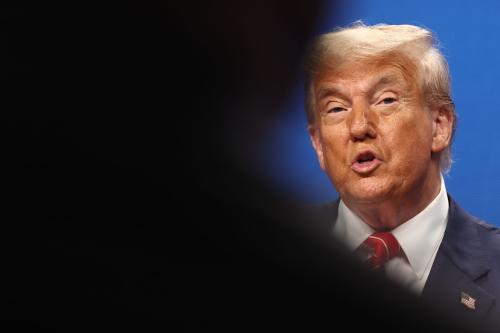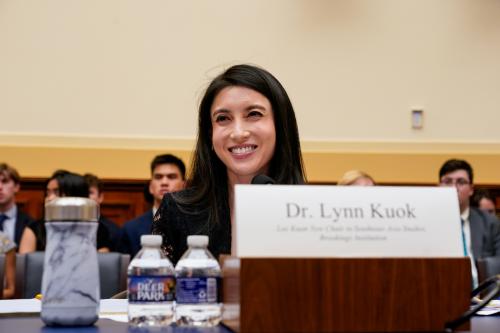In 1996, the outgoing British governor of Hong Kong high-lighted press freedom as one of the benchmarks by which the ?one country, two systems? policy would be judged after China regained sovereignty over the colony. ?Is the Hong Kong press still free,? he asked, ?with inhibited coverage of China and of issues on which China has strong views?? The question underlined one of the major concerns in Hong Kong prior to the 1997 handover. In light of the sharp differences between the two political systems and the two societies, many feared that the Communist regime would use direct and indirect political pressure to rein in the freewheeling Hong Kong media.
More than four and a half years after the transfer of power, there has been no serious erosion of press freedom in Hong Kong, and Beijing has not overtly interfered with the Hong Kong press.1 Nevertheless, the issue of press freedom has become more complex, as conflicts have emerged between different conceptions of the media?s proper role. On several occasions, remarks on the media by senior mainland officials have created anxiety among journalists and society at large about the media?s ability to function independently of government influence. In April 2000, a senior official at the central government?s Liaison Office in Hong Kong, Wang Fengchao, warned the Hong Kong media not to portray views that advocate Taiwan independence as ?normal.? The media, Wang said, is obligated to support China?s sovereignty and integrity. The controversy underlined the sharp differences in the role of the media in the two societies.2
The media?s watchdog role against the abuse of official power is particularly important in Hong Kong, where the possibility of full democracy remains remote. Tung was chosen in 1996 by a 400-member Selection Committee composed mainly of local business leaders and the professional elites for a five-year term beginning July 1, 1997. The second Chief Executive Election will be held on March 24, 2002. The new leader will be elected by a 800-member Election Committee composed of Hong Kong citizens elected from designated organizations such as business associations, labor unions and professional bodies. In the present legislature, only 24 of the 60 members are elected by the public through geographic constituencies. The remaining 36 are chosen through ?indirect elections.? Of these, six are chosen by the 800-member Election Committee. The other 30 come from ?functional constituencies? including associations of lawyers, doctors, architects and businesspeople. According to the Basic Law, the earliest possible date for the full public election of both the Chief Executive and the legislature is 2008, subject to a set of strict requirements including consent of the Chief Executive, two-thirds of the legislature and two-thirds of the Hong Kong deputies to the Chinese National People?s Congress in Beijing. Most analysts believe that the possibility of full democracy by 2008 remains remote.
Chris Yeung is Associate Editor/Political Editor of the South China Morning Post in Hong Kong. In 2001, he was a visiting fellow at the Brookings Institute Center for Northeast Asian Policy Studies. The views expressed in this article do not represent those of the the South China Morning Post.
The Brookings Institution is committed to quality, independence, and impact.
We are supported by a diverse array of funders. In line with our values and policies, each Brookings publication represents the sole views of its author(s).



Commentary
Hong Kong Media in the Changing Political Landscape
January 1, 2002